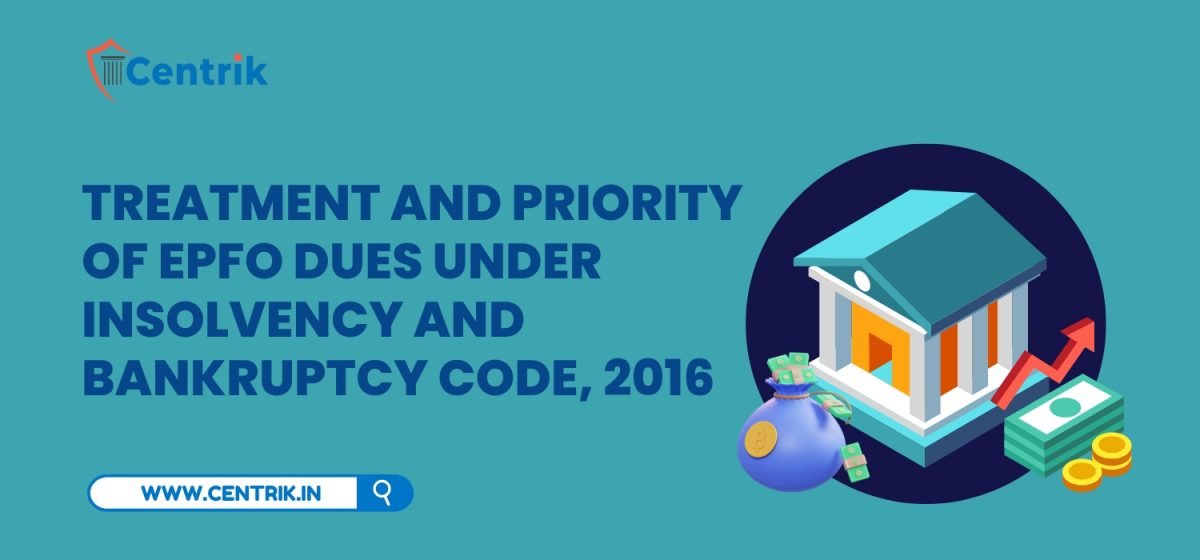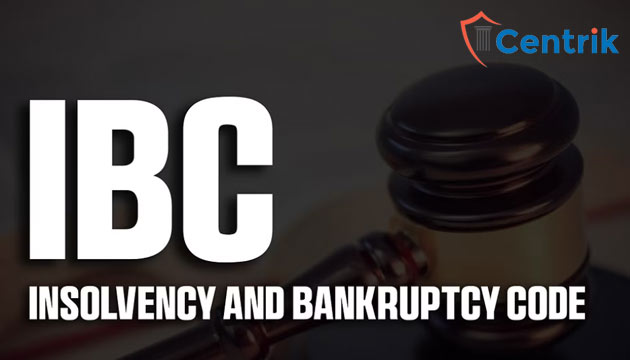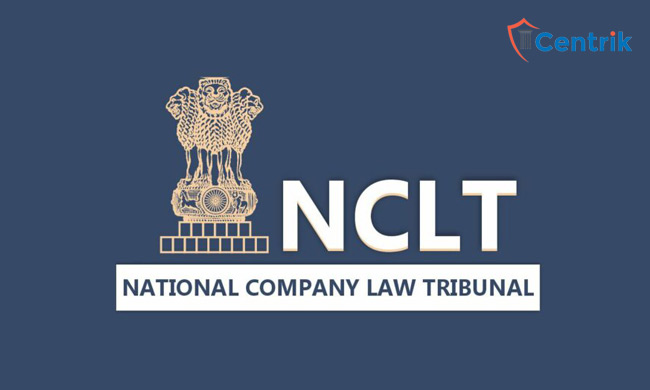
The IBBI and the adjudicating authority are set to play a major role towards the implementation of the new insolvency regime which undoubtedly acts as a catalyst of change and ensures ease of doing business in India.

The Insolvency and Bankruptcy Code (Amendment) bill 2017, describes the Financial Creditor and the Operational Creditor and the ambit of its applicability on creditor-debtor relationship.

The IBC has introduced new and distinct concepts of ‘Financial Creditor’ and ‘Operational Creditor’ as opposed to the Companies Act, 2013 which merely introduced the term ‘creditor’, without any classification thereof.
Indiaʹs new financial disaster law is getting most traction from an uncommon set of lenders, people with the least to benefit from pushing corporations into the insolvency process. Operational or unsecured creditors, who have dues that are not backed via any collateral, might be los angeles st in queue to be repaid once an insolvency … Continue reading “Why closing-in-queue creditors report maximum insolvency lawsuits in India”

In a significant ruling, the National Company Law Tribunal (NCLT) Kolkata, comprising Smt. Bidisha Banerjee (Judicial Member) and Shri D. Arvind (Technical Member), has upheld the admission of Corporate Insolvency Resolution Process (CIRP) proceedings against Shree Mahalaxmi Corporation Pvt. Ltd. (the Corporate Debtor) under the Insolvency and Bankruptcy Code, 2016 (IBC), despite a Provisional Attachment … Continue reading “NCLT Kolkata Allows CIRP Proceedings Despite PMLA Provisional Attachment Order”

Section 186 of Companies Act 2013 imposes restrictions on loans and investments that can by made by a company. The main aim of the provision is to ensure responsible financial management, prevent misuse of funds, and protect the interests of shareholders and creditors of the company. Section 186(1) states that a company can make investments … Continue reading “Regulation and Restriction on Loan and Investment by Company under Section 186 of Companies Act 2013”

The provisions Insolvency and Bankruptcy Code, 2016 specifically provides for treatment for all sums due to any workman or employee from the provident fund, the pension fund and the gratuity fund. Further, in the present scenario there is much debate on the admissibility of the claim of EPFO under Sections 7Q and 14B for which … Continue reading “Treatment and Priority of EPFO dues under Insolvency and Bankruptcy Code, 2016 (“IBC”)”

The Insolvency and Bankruptcy Code, of 2016 introduced a paradigm shift in India’s corporate legal landscape. One of its most significant features is the overriding effect it has on other laws.

Interim Finance is defined under Section 5 (15) of the IBC, 2016 which means

The major challenges in the insolvency resolution of real estate companies arise from the peculiarities of this sector, especially since the divergent interests of the allottees of the real estate projects do not align with the scheme of the CIRP.

The fast-track CIRP is designed to expedite the insolvency process for smaller companies and enable their efficient restructuring or liquidation.

Insolvency and Bankruptcy Code, 2016 brings in the concept of Interim Moratorium, which offers protection to individuals during the insolvency process.

The issues that are adversely affecting the efficiency and effectiveness of the resolution process and for increasing the possibility of resolution, value of resolution plan, and ending timely resolution.

In the past few decades, business leaders as well as philosophers came up with a new phenomenon which is Corporate Social Responsibility (CSR). Under CSR Businesses are responsible to the society that exists around them. And under CSR only it becomes their moral duty to safeguard that society and help that society to grow.

The reviewing court can reverse the original decision or amend it as needed. With the passing of time, the judiciary has been paving the way for clearing the doubt regarding the power to review and recall.















 join For Updates
join For Updates